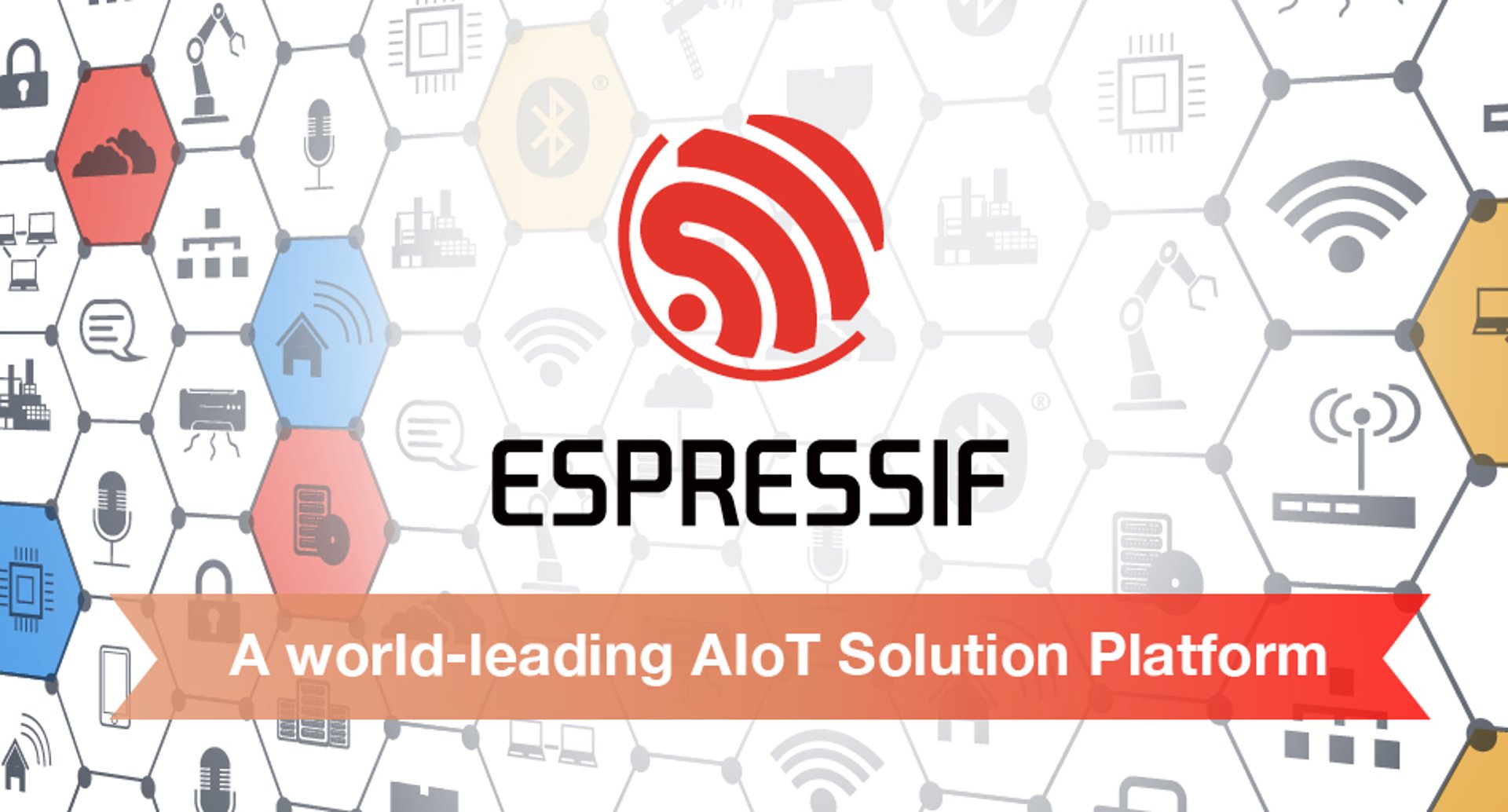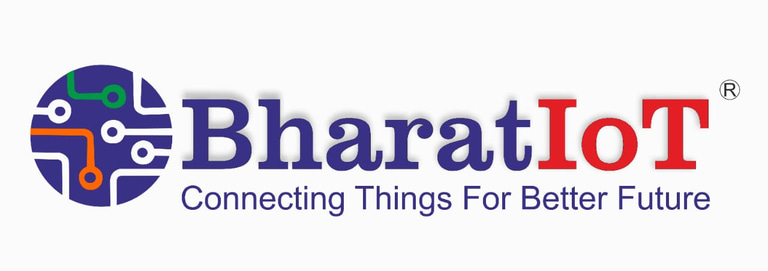Espressif Systems
Espressif Systems is a privately held fabless semiconductor company that provides wireless communication and control solutions. They are best known for their ESP8266 and ESP32 series of microcontroller modules, which are widely used in IoT (Internet of Things) devices and other low-cost, low-power applications. The company also provides software development kits (SDKs), documentation, and technical support to help customers design and develop their own applications using their products.

Espressif Systems is a privately held fabless semiconductor company that provides wireless communication and control solutions. They are best known for their ESP8266 and ESP32 series of microcontroller modules, which are widely used in IoT (Internet of Things) devices and other low-cost, low-power applications. The company also provides software development kits (SDKs), documentation, and technical support to help customers design and develop their own applications using their products.
List of microcontrollers by ESPRESSIF.
ESP8266: A low-cost, low-power SoC (System on a Chip) with integrated WiFi capabilities.
NODEMCUESP32: A more powerful SoC with integrated WiFi and Bluetooth capabilities, as well as a larger number of GPIO (General Purpose Input/Output) pins.
ESP8285: A version of the ESP8266 that also includes integrated flash memory.
ESP32-S: A version of the ESP32 with a smaller form factor and lower power consumption.
ESP32-C3: A version of the ESP32 with an RISC-V core, it is a 32-bit microcontroller with a wide range of peripherals and low power consumption
ESP32-S2: A version of the ESP32 with a single-core microcontroller and improved security features.
ESP32-PICO: A version of the ESP32 that includes a small form factor, integrated flash memory, and a USB-to-serial converter.
ESP32-PICO-D4 : A version of ESP32-PICO with a chip-on-board design, it has all the features of ESP32-PICO but in a smaller form factor.
IDE
Arduino IDE: The Arduino Integrated Development Environment (IDE) is a popular choice for programming ESP boards. This method is relatively simple and allows you to use the familiar Arduino programming language and libraries.
ESP-IDF: The Espressif IoT Development Framework (ESP-IDF) is the official development framework for ESP boards. It provides a set of APIs and tools for developing applications in C or C++.
MicroPython: MicroPython is a lightweight version of the Python programming language that is designed to run on microcontrollers. It can be used to program ESP boards and provides a simple, high-level programming interface.
Lua: Lua is a lightweight, high-performance programming language that can be used to program ESP boards. It is an easy-to-learn language and has a small footprint, which makes it well-suited for embedded systems.
AT Commands: Some of the ESP boards can also be programmed through AT commands, which can be sent through a serial interface or over a network connection. This method is suitable for simple tasks like configuring the WiFi connection, or sending data to a web server.
Each one of this method has its own advantages and disadvantages, it depend on the specific use case and our familiarity with the different programming languages and tools we can use it.
Contact us
Whether you have a request, a query, or want to work with us, use the form below to get in touch with our team.
